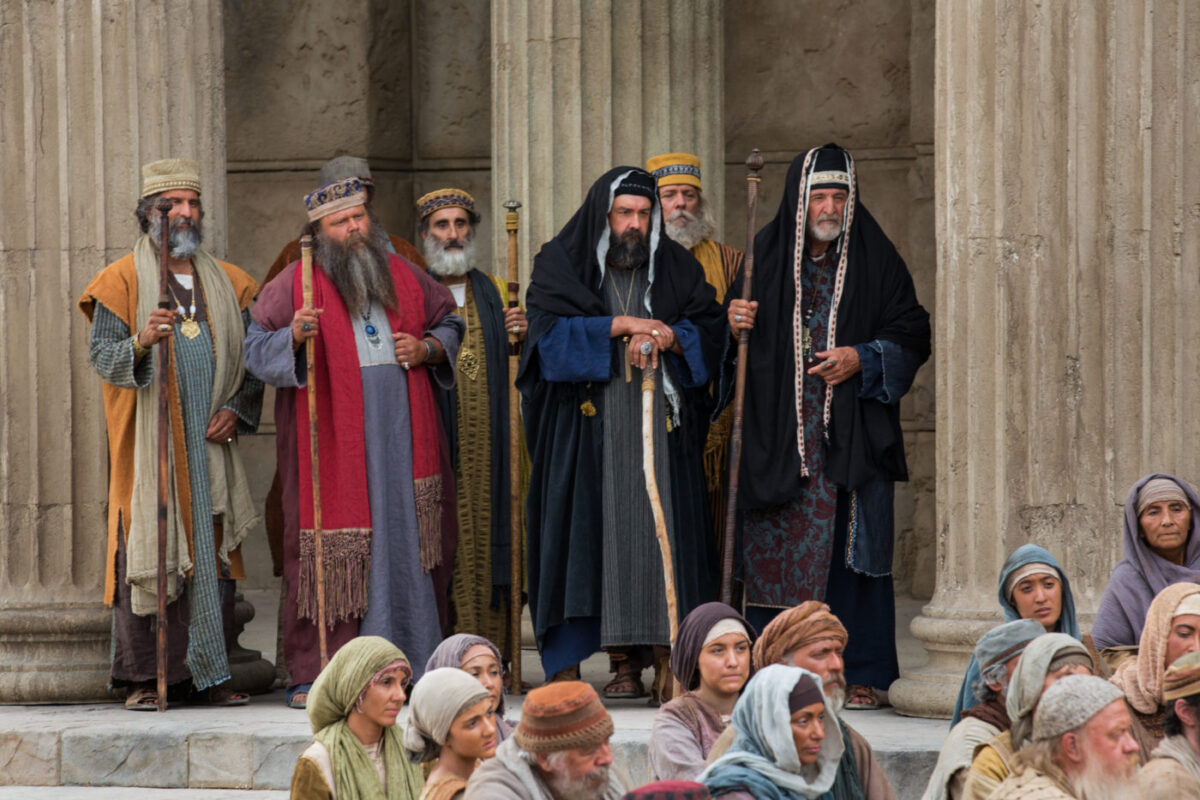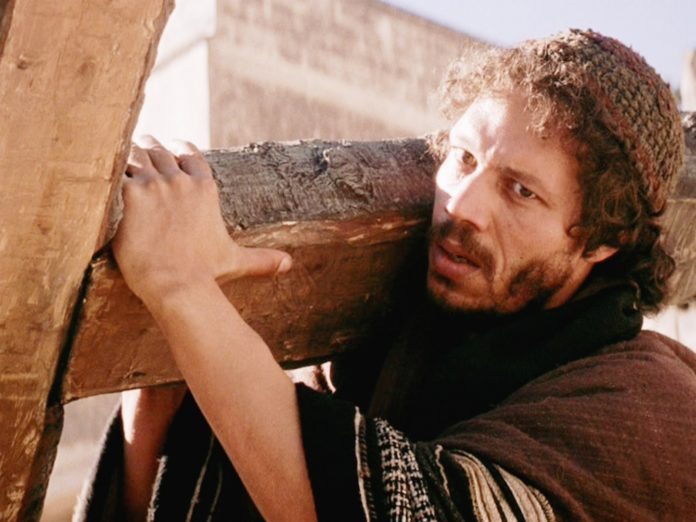A Charlie Brown Christmas
As we go into the third week of Advent, I think many of us start to feel a little fatigued and anxious. Some of you may be wrapping up a marathon of shopping, decorating, and attending various events. Others may feel stressed out because you haven’t done much preparation and feel like “you won’t make Christmas.” And others may just feel like Charlie Brown, a time when you are supposed to feel happy, but aren’t.
I think many of us can relate to Charlie Brown. It’s hard to reconcile a supposed season of joy with all the stress we’ve created around Christmas. Besides the normal Christmas stressors, we also have to contend with Covid fatigue, wokism, and politics. Many of us also have work, financial, and family issues. How do we put on a happy face on all of this?
The Nativity
We need to look to Mary and Joseph and the first Christmas. They traveled far in hard conditions only to find no room at the inn. They made due in a stable and delivered Jesus away from family and friends. As any mother knows, giving birth, even in the best conditions, is not easy or fun. The first Christmas wasn’t fun or easy. But through all that hardship there was joy. Through Mary, Christ the Savior was born. That event changed everything for all of us.
This brings us back to Charlie Brown. In all his anxiety over Christmas, what turns it around for him? It’s not directing the Christmas play or buying a tree. It was Linus’ monologue retelling the Nativity story that turned everything around, not just for Charlie Brown, but for the whole Peanuts crew. They became nicer to him, saw the hidden beauty of his scrawny tree, and wished him a merry Christmas.
Add More “Christ” To Christmas
We can learn a lot from Charlie Brown, Mary, and Joseph in finding joy this Christmas. We won’t find real joy at Target, Walmart, and Amazon finding great deals or that perfect gift. We’re not going to find it through our amazing lighting displays. It may not easy or even happy as in “laugh out loud happy.” But we can find a level of joy and peace if we add Jesus to this Advent and Christmas.
“Let’s not live a fake Christmas, please, a commercial Christmas,” the pope advised Dec. 10. “Let us allow ourselves to be wrapped up in the closeness of God, this closeness which is compassionate, which is tender; wrapped in the Christmas atmosphere that art, music, songs, and traditions bring into the heart.”
Pope Francis: Avoid ‘fake Christmas’ of commercialism by reflecting on God’s closeness | Catholic News Agency
We only have so much time and attention. We have to choose how we are going to fill that time. Are we maximizing joy by shopping for gifts and trying to create that Norman Rockwell-depicted Christmas? If that is leading to great anxiety and stress, maybe you should try adding more Jesus to your routine in the coming weeks. Jesus brought joy out of hardship to Joseph and Mary. He will bring joy to us as well.

If you want joy this Christmas and Advent, you should remember to add “Christ” and the “Mass” to your day. Ease up on Amazon and ramp up on the Rosary. Don’t focus on finding the perfect gifts, rather pray perfectly. Don’t dwell on what things you don’t have, but rejoice in the real joy you receive when you make Christmas about Christ.






















